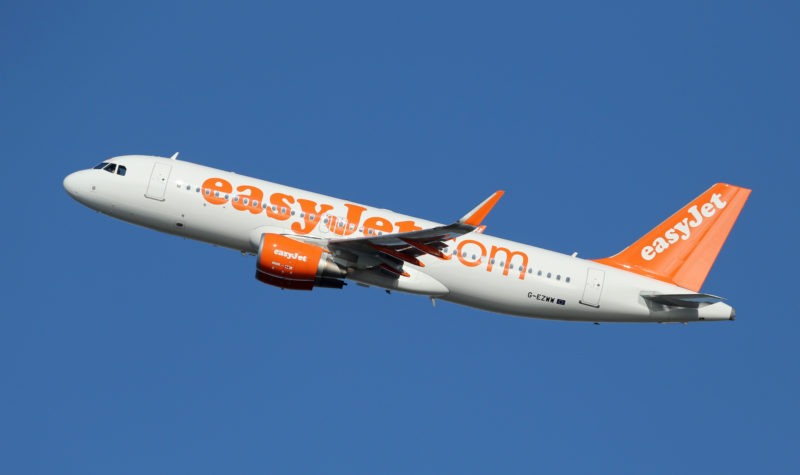Why easyJet has turnaround potential

Robert Stephens discusses why the airline’s strategy could stimulate a share price recovery
Last week’s fourth quarter trading update from easyJet (LON:EZJ) highlighted a resilient performance from the business amidst tough trading conditions.
The budget airline’s passenger numbers for the full year increased by 8.6%. They were driven higher by a rise in capacity of 10.3%, which contributed to growth in revenue per seat for the second half of the year of 0.8%.
Alongside revenue growth, the company made progress in keeping its costs down. Its headline cost per seat declined by 0.8%, with it being boosted by a range of changes that are designed to increase easyJet’s resilience during challenging operating conditions.
Although an uncertain operating environment may be ahead for the business, its long-term recovery potential following a recent demotion to the FTSE 250 seems to be high.
Operating environment
easyJet has faced a very mixed operating environment in recent quarters. On the one hand, its performance has been hurt by weak consumer sentiment. In the UK, for example, consumer confidence stands at minus 12 according to the GfK consumer sentiment index. A figure of zero represents neither pessimism nor optimism, which indicates that weak demand may remain a facet of the airline industry over future months. This could prolong a period of softness in ticket yields that has acted as a drag on the company’s recent financial performance.
However, the company has also benefited from the challenges faced by sector peers Ryanair and British Airways in recent months. They have faced staffing issues and the grounding of planes, for instance, which have boosted demand for other operators, such as easyJet. This has enabled the company to deliver pre-tax profit that is at the upper end of its guidance for the 2019 financial year.
Focused strategy
In response to uncertain operating conditions, easyJet is implementing a variety of self-help initiatives. For instance, in the 2019 financial year it focused on reducing costs by around £100 million through the increasing use of data to improve the efficiency of its operations.
Additionally, the company is seeking to increase its operational resilience through measures such as utilising an increasing amount of automation in its planning process. This should enable it to more effectively plan crew rosters and the scheduling of its aircraft in order to reduce cancellations at a time when the wider industry faces a period of increasing delays. This could enhance the customer experience and boost loyalty at a time when around three-quarters of the company’s total bookings are from existing customers.
Investment potential
In spite of a challenging operating environment, easyJet could offer investment potential. Its shares currently trade on a forward P/E ratio of 12.5, which suggests that investors have priced in the possible risks facing the wider airline industry.
The company’s recent demotion to the FTSE 250 and weak investor sentiment towards the travel and leisure segment may provide an opportunity for long-term investors to buy the stock while it offers a margin of safety. Its recent track record of growing passenger numbers and maintaining a disciplined approach to costs may increase its market share relative to sector peers, leading to growth potential over the long run.
Comments (0)